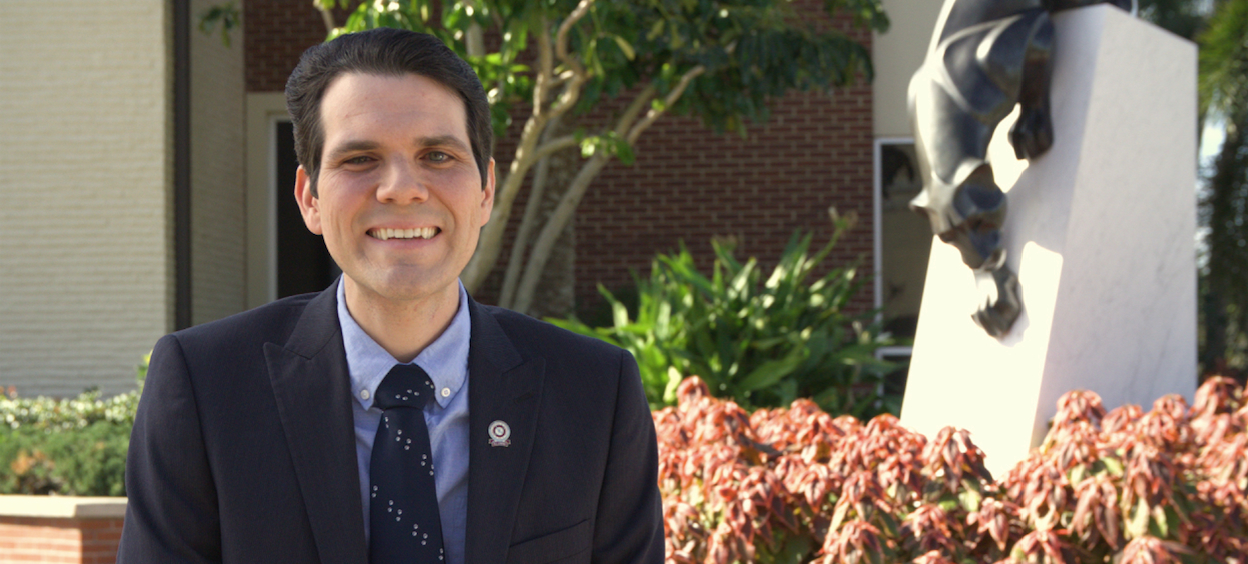The story of American business would be incomplete without African-Americans. From the founding of the country, both free Blacks and slaves sought opportunities to succeed and prosper. In the case of slaves, sometimes these entrepreneurs defied the masters’ wishes. Before 1900, African-Americans distinguished themselves in a variety of trades. After 1900, as race relations and civil rights deteriorated, African-Americans found success by building businesses that catered to other blacks. These included law offices, insurance services, funeral homes, clothing stores, hairdressers and barbers — a variety of establishments that met the needs of African-Americans in a segregated society where whites would not serve them.
The Civil Rights Movement opened opportunities for African-Americans in a wide variety of fields. Below is just a handful of the many black business leaders and trailblazers.
Paul Cuffee (1759-1817)
Son of a freed slave and a Wampanoag Indian, Paul Cuffee showed an aptitude at an early age for all things related to sailing, boatbuilding and trade. He built boats as a teenager and then served aboard a commercial ship that was captured during the Revolutionary War. With community support, Cuffee started to build his own shipping empire, hiring primarily black and Indian crews.
A truly self-made man, Cuffee taught himself how to read and write, and knew he wanted his children to learn the same things. He offered to build a school in Westport, MA, but people there did not want white children to be taught in the same place as black children. In response to this, Cuffee built his own school on land he owned, welcoming both black and white students. This was the first integrated school in the United States.
William Leidesdorff (1810-1848)
William Leidesdorff, born in the Virgin Islands, was instrumental in the early years of San Francisco. He sold all his assets to buy a schooner, the Julia Ann, which he sailed from New Orleans to San Francisco. There, he began the first steamboat service in the Bay Area. The boat was called the Sitka, after the Russian (now Alaskan) city where it was built, but its name was later changed to the Rainbow.
Leidesdorff, considered the first black millionaire, was also engaged in other business ventures. He opened the city’s first hotel and became a leader in imports and exports. Leidesdorff Street in San Francisco was named after him; today, it leads to the Transamerica Pyramid.
Maggie Lena Walker (1864-1934)
The first African-American woman to charter a bank in the United States, Maggie Lena Walker of Richmond, VA, began her career in the late 1800s by demonstrating the financial discipline and strong management skills that saved the Independent Order of St. Luke, a national humanitarian organization. To better promote the organization, she founded a newspaper, The St. Luke Herald, in 1902. The following year, she founded the St. Luke Penny Savings Bank and served as the first president. The bank merged with two other black-owned Richmond financial institutions to become the Consolidated Bank and Trust Company. Walker was on Consolidated’s board of directors. Consolidated survived until 2009.
Walker was a passionate advocate for equal rights for African-American women, serving as vice president of the Richmond chapter of the NAACP. She was also on the board for the National Association of Colored Women and the Virginia Industrial School for Girls.
Richard Parsons (1948-present)
Richard Parsons is one of the most influential black business leaders in the U.S., having served as the former chairman of Citigroup and the former chairman and CEO of Time Warner. After working in law and government, he became COO of Dime Savings Bank of New York in 1988, later becoming the CEO and chairman. In 1991, he was invited to Time Warner’s board of directors. In 1995, he became CEO. He helped negotiate the acquisition of AOL in 2000, which created a $165 billion media conglomerate.
After leaving Time Warner in 2008, Parsons became chairman of Citigroup in 2009. He has since stepped down.
Sheila Johnson (1949-present)
Sheila Johnson is an African-American entrepreneur and was the first black female American billionaire. She and her husband cofounded BET, the first television network dedicated solely to African-American programming, in 1980. In 2001, media conglomerate Viacom purchased BET for $2.4 billion. Today, she is the CEO of Salamander Hotels and Resorts, which owns the Innisbrook Resort and Golf Club in Palm Harbor, FL. Johnson is president of the WNBA’s Washington Mystics, and partner in two other professional sports franchises, the Washington Wizards (men’s basketball) and Washington Capitals (hockey).
In 2007, she told a reporter that she wants to be seen as a “catalyst” who helps more African-American women become business leaders and entrepreneurs.
Johnson is No. 31 on Forbes’ 2019 list of American self-made women, and she is worth $820 million.
Oprah Winfrey (1954-present)
Oprah Winfrey overcame a disadvantaged childhood to become an icon in entertainment and business. She is “living proof that the American dream is alive and well,” according to Entrepreneur magazine. She rose to prominence with a role in The Color Purple (the film adaptation of Alice Walker’s novel) in 1985, followed by the launch of the “The Oprah Winfrey Show” in 1986. Her talk show sometimes made headlines. Who can forget when she walked onto the stage pulling a wagon representing all the weight she lost, or when she gave new cars to an audience filled with teachers? With the creation of Harpo Studios, Winfrey became the first African-American to own an entertainment production company.
Winfrey has become one of the country’s best-known tastemakers. Her annual listing of her favorite things can boost sales of featured products. Cookbooks written by her chefs are best sellers. She has pull over the literary world with her book club. Experts on her show, such as Mehmet Oz (Dr. Oz), Phil McGraw (Dr. Phil) and Nate Berkus, have gone on to become celebrities themselves.
Forbes says Oprah is worth $2.7 billion.
Ursula Burns (1958-present)
Ursula Burns began her career at Xerox as a summer intern in 1980. She rose through the ranks and become CEO in 2009, making her the first African-American woman to become chief executive of a Fortune 500 company. She stepped down as CEO in 2016 after Xerox split into two companies, but she remains chairman of the newly formed document technology company. Forbes has named her one of the 100 most powerful women in the world multiple times.
In 2009, Burns oversaw the biggest acquisition in Xerox’s history: the $6.4 billion purchase of Affiliated Computer Services. She helped lead President Obama’s national program on science, technology, engineering and math (STEM) education.
Burns takes a big picture approach to running Xerox. She says “As I’ve progressed in my career, I’ve come to appreciate — and really value — the other attributes that define a company’s success beyond the P&L: great leadership, long-term financial strength, ethical business practices, evolving business strategies, sound governance, powerful brands [and] values-based decision-making.”

